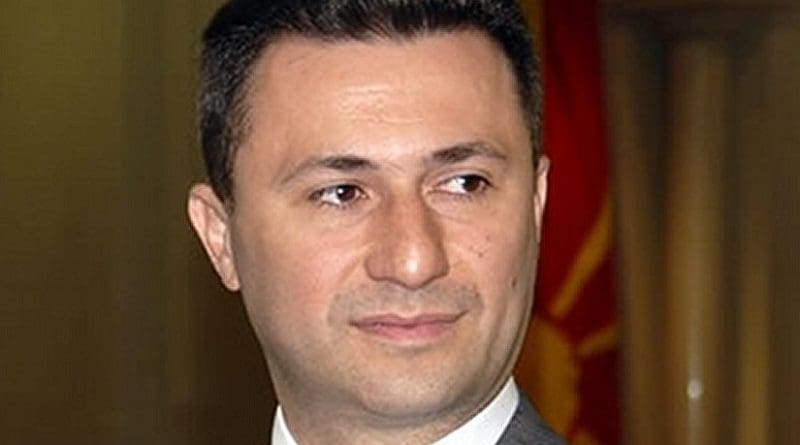Macedonia Postpones Elections
By Sinisa Jakov Marusic
Macedonia’s Parliament has voted to postpone elections planned for April 24 following tense political talks brokered by EU and US diplomats.
After a day of tense political talks, Macedonia’s parliament voted on Tuesday night to postpone elections originally planned for April 24. The vote followed a joint EU-US assessment saying the country is not yet ready to hold a free and fair general election.
Instead, parliament agreed to postpone the general election until June 5.
The postponement was backed at the eleventh hour by 83 of Macedonia’s 123 MPs during an express parliament session held Tuesday night. The vote annulled a previous decision to dissolve parliament at midnight the same day, 60 days before the original election date of April 24.
Just three MPs voted against the postponing the election.
The voting followed a tense war of nerves between opposition and ruling-party politicians and inter-party consultations facilitated by EU and US diplomats, including three visiting MEPs: Richard Howitt, Eduard Kukan and Ivo Vajgl. All three have been closely involved in efforts to resolve Macedonia’s deep political crisis.
This prevented a further escalation of the political crisis, as the opposition was threatening to withdraw its ministers from the interim government and to boycott the elections if the ruling majority refused to postpone them.
The main ruling party, VMRO DPMNE, changed its mind at the last minute. During the past several days the party, led by embattled Nikola Gruevski who recently resigned prime minister, strongly opposed the assessment of the EU and the US by saying that there were no real arguments for postponing the election.
The VMRO DPMNE was the only one of four main political parties in the country that rejected Sunday’s joint EU-US assessment of the implementation of the EU-brokered crisis agreement reached last summer. The assessment determined Macedonia was not ready to hold free and fair elections in April.
In a letter sent to interim Prime Minister Emil Dimitriev, the EU and the US noted ongoing concerns about whether the electoral roll had been cleaned up, the lack of any agreement on media reforms that would ensure objective and unbiased reporting and insufficient measures to separate state and political party activities.
In January, Macedonia’s ruling parties unilaterally pushed ahead with an April 24 election date and voted to dissolve parliament on February 24. This was done in spite of concerns that the opposition might boycott the polls if promised reforms remained unfulfilled.
The political crisis in Macedonia escalated last February, when the opposition started releasing batches of covertly recorded tapes, which it said showed Gruevski was behind the alleged illegal surveillance of some 20,000 people, including ministers.
The opposition insists that the tapes contain incriminating evidence against many senior officials, including proof of high-level corruption, government influence over the judiciary, prosecution, businesses and media, politically-motivated arrests and imprisonments, electoral violations and even an attempted cover-up of a murder of a man by a police officer.
Gruevski, who has held power since 2006 but resigned last month as part of the crisis accord, says the tapes were “fabricated” by unnamed foreign intelligence services and given to the opposition in order to destabilise the country.

